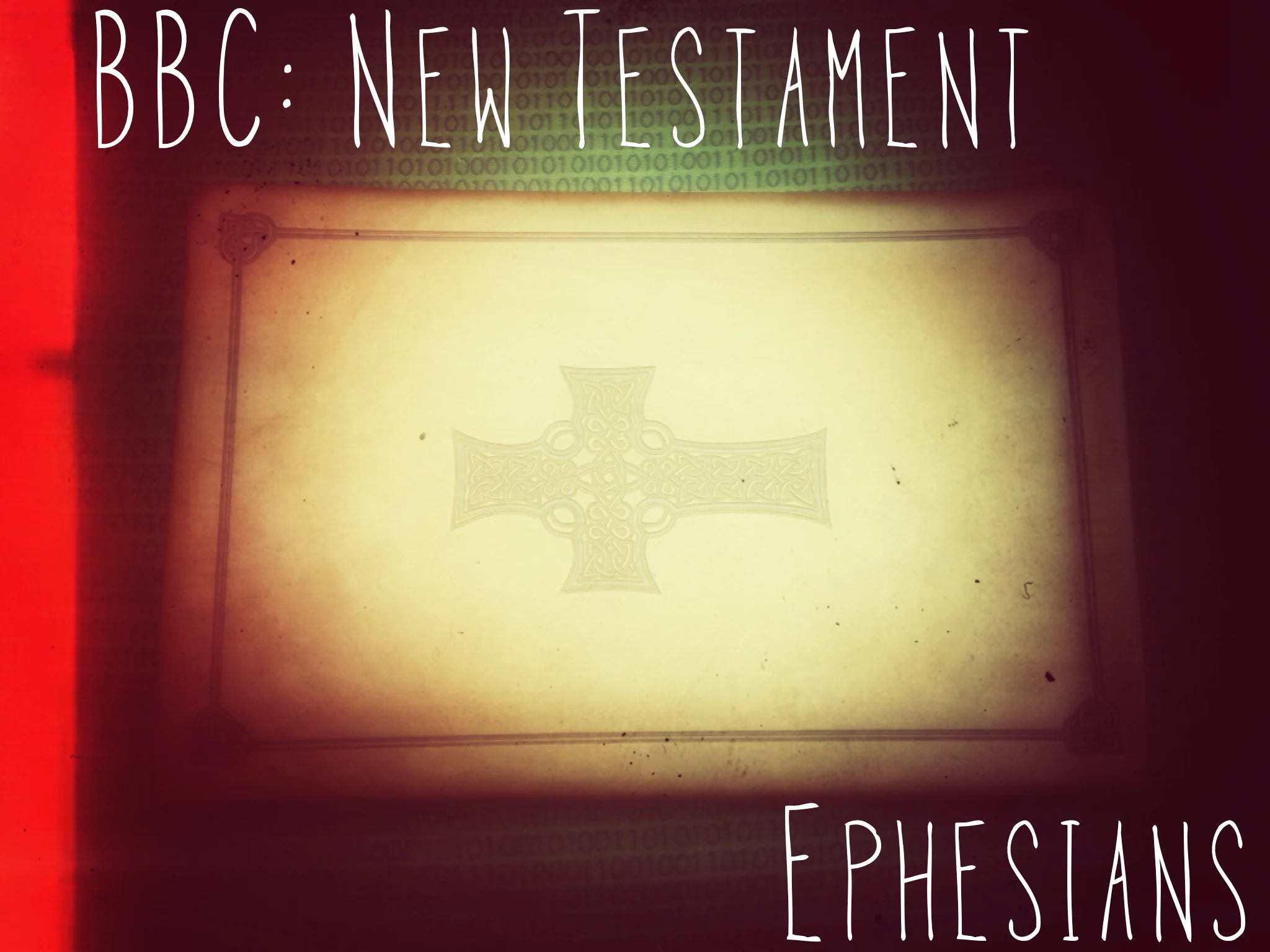Now there was a famine in the land. So Abram went down to Egypt to sojourn there, for the famine was severe in the land. When he was about to enter Egypt, he said to Sarai his wife, “I know that you are a woman beautiful in appearance, and when the Egyptians see you, they will say, ‘This is his wife.’ Then they will kill me, but they will let you live. Say you are my sister, that it may go well with me because of you, and that my life may be spared for your sake.” When Abram entered Egypt, the Egyptians saw that the woman was very beautiful. And when the princes of Pharaoh saw her, they praised her to Pharaoh. And the woman was taken into Pharaoh's house. And for her sake he dealt well with Abram; and he had sheep, oxen, male donkeys, male servants, female servants, female donkeys, and camels. – Genesis 12:10-16
Famines have an interesting role in the history of Israel (Gen 26:1; 41; Ruth 1:1; 2 Sam 21:1; 1 Kings 17:1-7). Often these events involve a testing period or are the result of disobedience. It is difficult to determine what impact this story has upon typology beyond the immediate Genesis account: the incredibly Christ-proclaiming story of Joseph.
In many ways, the failures of Abraham, and Isaac (Gen 26), are merely formulations to demonstrate the immense success of Joseph during his time in Egypt. Much like Adam, Abraham is portrayed as careless with his wife (Gen 3:6-7). Unlike Joseph, Abraham is concerned with his life over sexual purity (Gen 39).
It is interesting to note the typology of respect from the Gentile Egyptians. They are the ones who recognize the value of Sarah and treat Abraham in a manner worthy of his beautiful bride. As will be seen, even the Pharaoh will respond properly to the revelation of God and treat Sarah as a prize she is. Instead of appropriating guilt under the blessings from the “sale” of Sarah, Abraham and his covenant people were meek and sinful.


